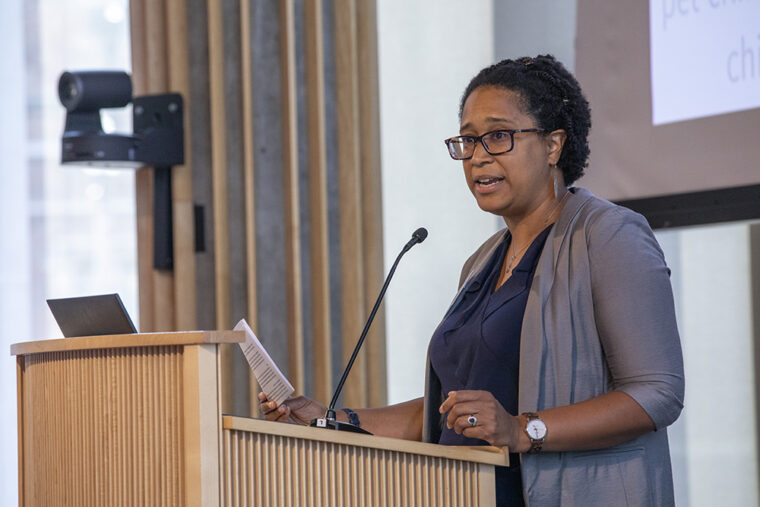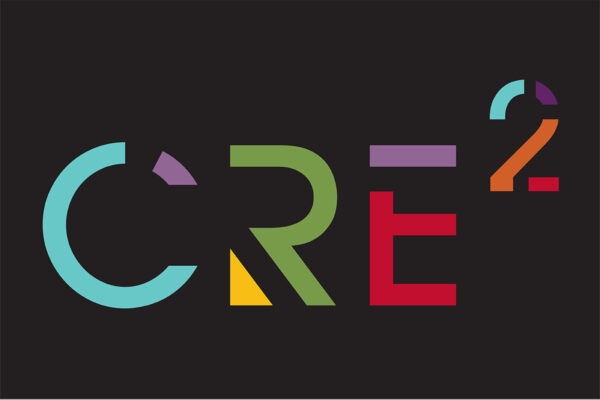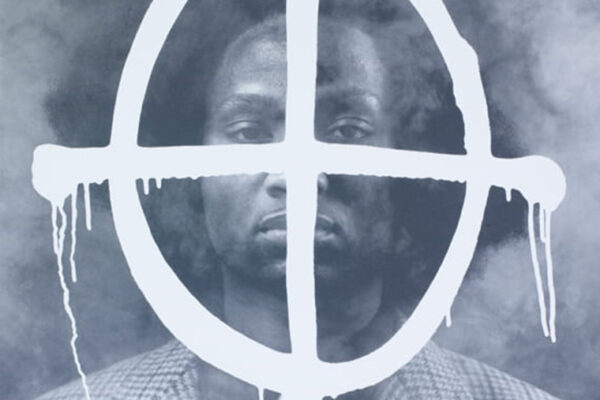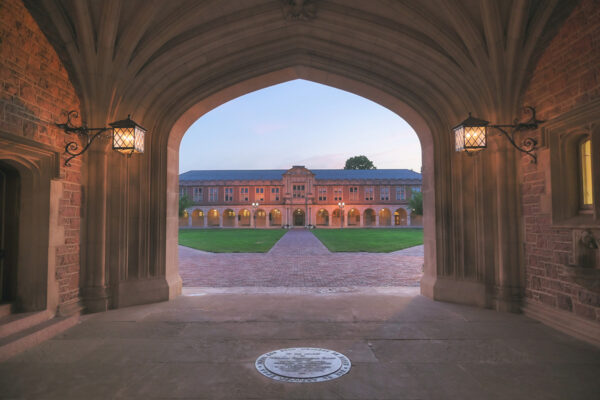Washington University in St. Louis is committed to providing an inclusive and equitable environment for its faculty, students and staff. A key recommendation of the university’s Commission on Diversity and Inclusion was the creation of an academy to serve as the primary forum to create culture and climate change on campus, as well as to provide diversity and inclusion resources to staff and faculty.
That vision was realized at the start of the 2019-2020 academic year, when the Academy for Diversity, Equity, and Inclusion launched with a full staff. On Sept. 20, it held an event to celebrate its initial engagements and to look ahead to the work that remains to be done.
“When it comes to our current context, we know that we still have work to do as we struggle with segregation; bias and discrimination; education, economic and health disparities; feelings of isolation; and more,” Chancellor Andrew D. Martin said at the event. “I’m confident the academy will play a significant role in helping us address some of these and other existing challenges as we consider where we go from here.”
Like the Center for Diversity and Inclusion, which serves students, the academy supports employees through programming, training, events and other resources. Additionally, it partners with existing offices, initiatives and entities across the university that also are engaged in the space, serving as a catalyst for this important work institutionwide. During the event, the academy released its orientation document, which explains how it was formed and how it works in tandem with other university resources.
“We’re here to be there to help understand why efforts might not work as planned, and how to tweak and try them again,” said Nicole Hudson, assistant vice chancellor of the Academy for Diversity, Equity, and Inclusion. “We are here to partner with our units and departments to co-create and develop together solutions to some of their greatest challenges.”
The academy also recently launched the “In St. Louis” documentary project, in partnership with the Office of Public Affairs. It’s an annual project designed to engage and explore what is means to live in St. Louis, viewed through the lens of equity and inclusion.



